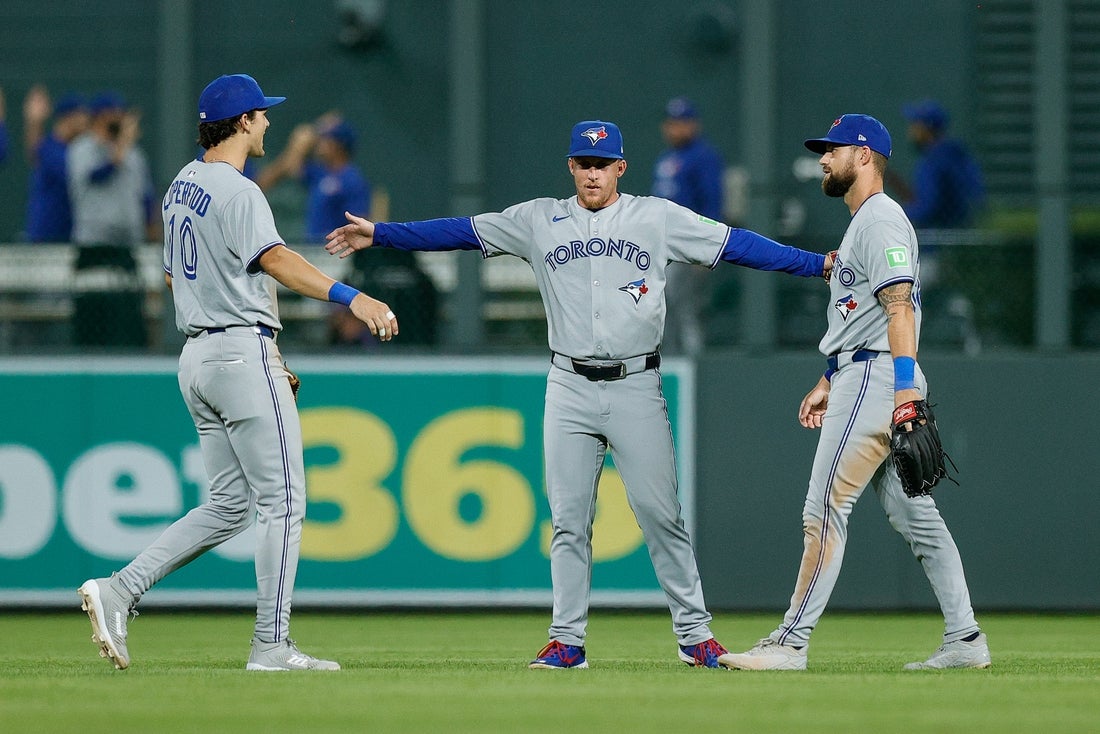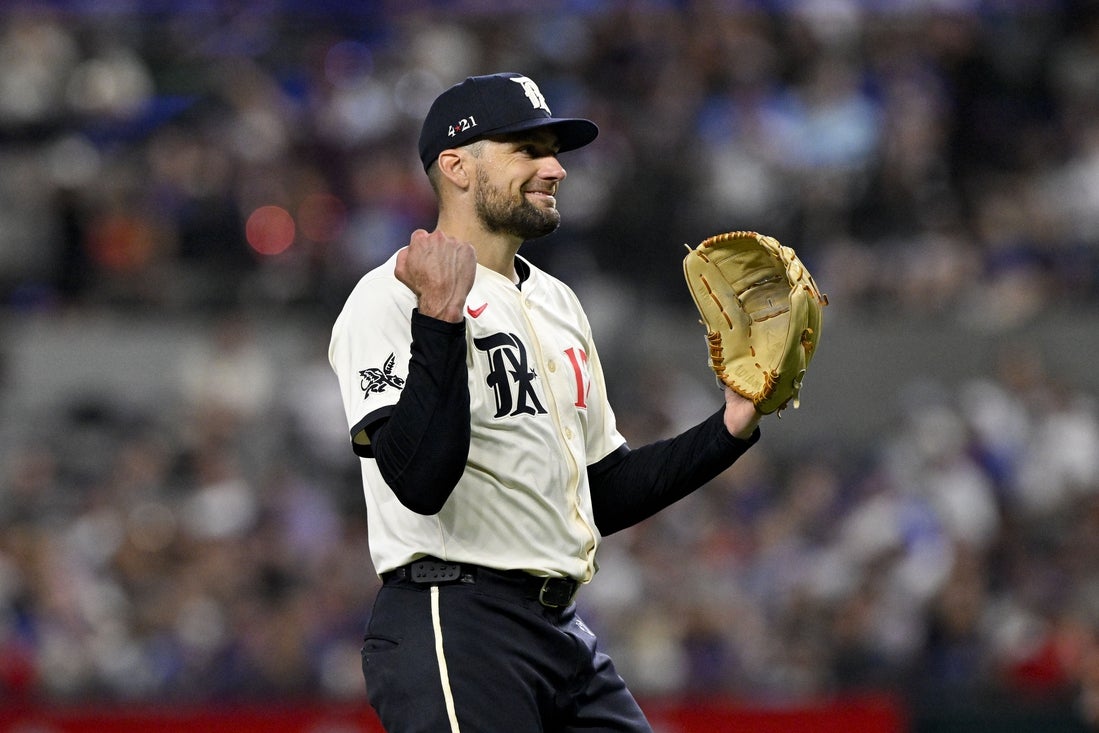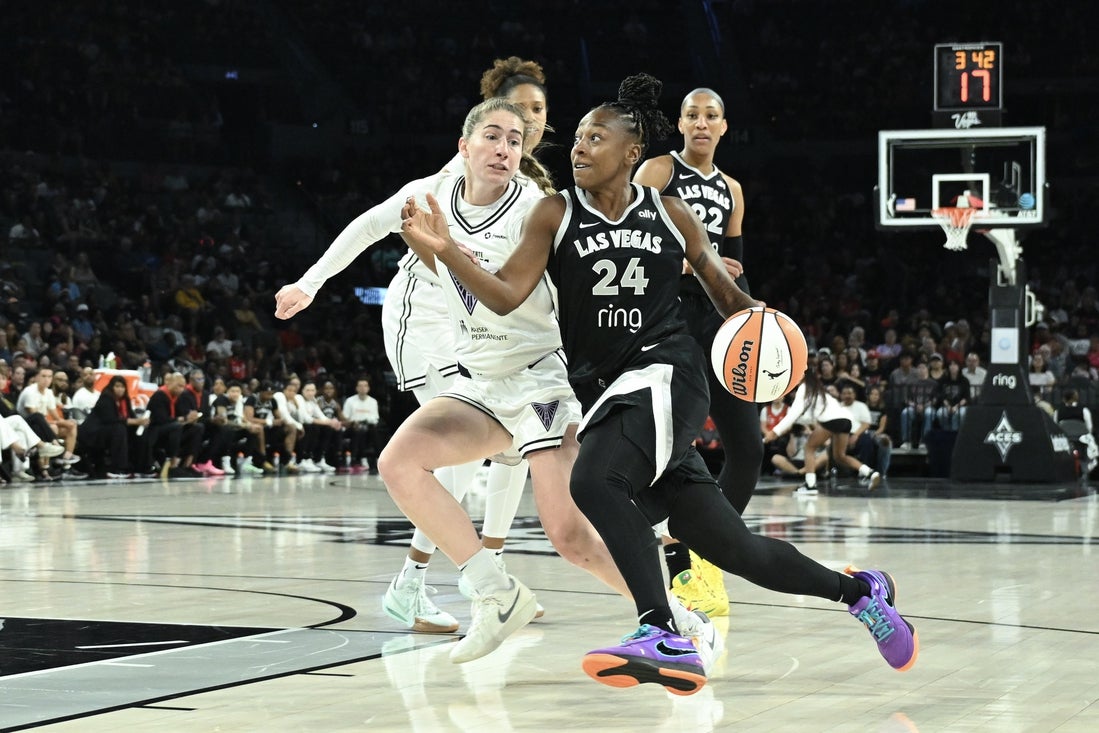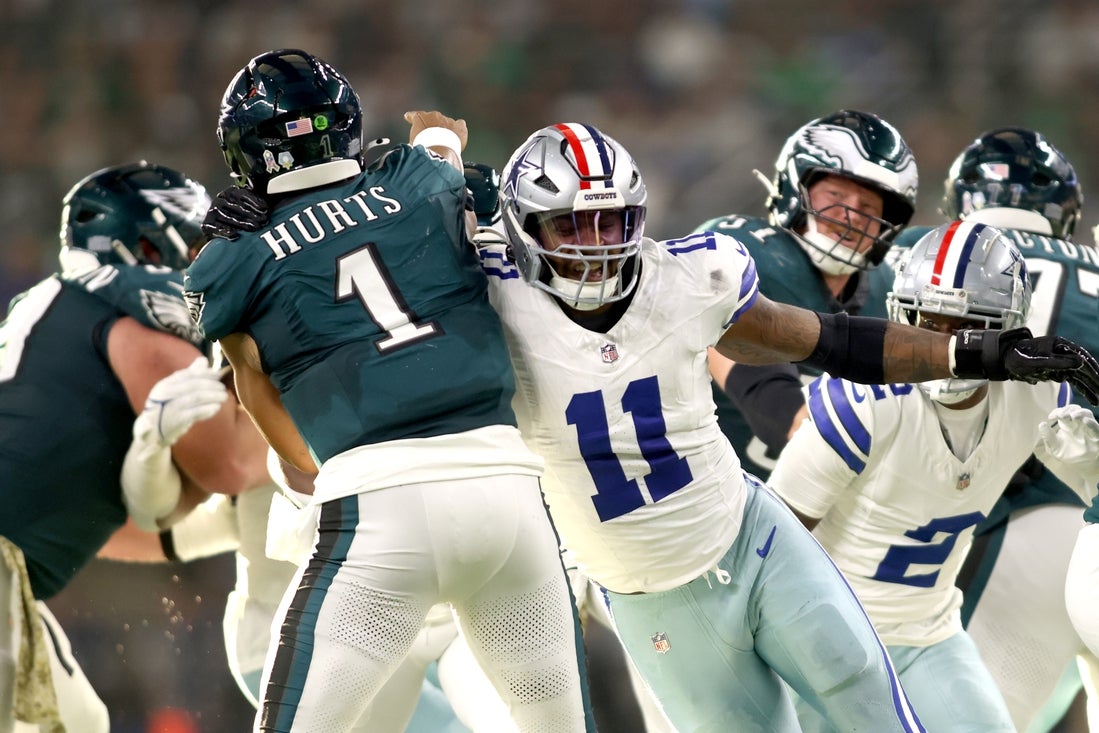When Lionel Messi signed to join MLS, his contract reportedly included a stipulation to receive a share of the revenues generated by streaming partner Apple TV.
Since May, Messi’s relationship with MLS has also included a sponsorship agreement that made his new sports drink, Mas+ by Messi, the league’s official hydration partner.
And now MLS appears set to allow Miami to add to its historically stacked roster by signing yet another close Messi friend, Rodrigo De Paul—skirting league spending rules by structuring the deal as a loan from Atlético Madrid with a purchase option.
After all that, we’re still waiting on Messi to sign a much-anticipated contract extension to remain in Miami beyond 2025. And those with questions about that won’t be able to ask him anytime soon, since he won’t be among the 12 MLS players available to reporters at Monday’s media day at the 2025 MLS All-Star Game.
Maybe that’s not the worst news in the world for journalists who care about telling interesting stories. Messi’s soccer skills are extraordinary, but he is nearly as talented in the long-revered athlete pastime of giving numbingly dull interviews.
But for those who hoped Messi’s relationship with MLS would actually be transformational, it’s just another twist of the knife: a reality check that the pact between the eight-time Ballon d’Or winner and the 30-year-old league is extraordinarily one-sided.
Maybe it’s understandable to try and keep the biggest star who has ever played in your competition happy. It’s also understandable to start asking how—and when—that’s going to lead to real changes.
Messi was supposed to be a windfall moment, one that would make MLS a more attractive destination for more, younger stars.
There’s little sign of that materializing at the league’s 29 other clubs.
Kevin De Bruyne and Antoine Griezmann reportedly turned down stateside offers despite considerable interest. Olivier Giroud and LAFC opted to terminate his contract by mutual consent, allowing France’s all-time leading scorer to return home after a year of scoring struggles. Cristiano Ronaldo took more Saudi money after all, despite a brief window when an MLS move seemed plausible.
Messi was also supposed to be a vehicle to transport more casual fans to MLS stadiums and screens.
At the box office, the initial Messi hype helped MLS to a record regular-season average attendance of 23,234 in 2024. But so far, 2025 is shaping up like a regression to the mean.
In the TV and streaming world, Messi’s arrival clearly sparked an initial surge in MLS Season Pass subscriptions on Apple TV. But the longer-term impact is harder to quantify, with Apple continuing to offer little in the way of tangible viewership data.
And whether realistic or not, Messi came to America with the expectation that he would be for MLS what Pelé was for the NASL a generation ago.
Those who had followed the Argentine even remotely knew that was a false hope.
Messi has always been a soft-spoken, introverted figure—someone who accepts fame for the riches it affords himself and his inner circle, but rarely embraces it. Even in the controlled environment of an ad shoot, the finished product rarely sees him saying more than, “No, Michelob Ultra,” or “Bien asistencia.”
But that expectation still existed. And MLS was happy to hype it—either in naïve hope that Messi would deliver something close to Pelé’s relentless ambassadorial work for the New York Cosmos, or in the more cynical belief that fans wouldn’t care when he didn’t.
Messi might be playing in MLS. But he has hardly assimilated into it. If anything, his existence at Inter Miami feels more like a family enclave carved out from the rest of the league with each passing week.
From the reconstruction of a roster now heavy on Argentine and other South American talent, to the appointment of a head coach and sporting director whose most obvious qualifications are longstanding ties to the team’s most famous player, to the continued refusal to interact with all but a few handpicked media members—the comfort of the world’s No. 10 has come above every other concern.
It’s well within Messi and Miami’s prerogative. It may even prove a winning formula on the field.
But it’s hard to see how it leads to the big change MLS was banking on.





